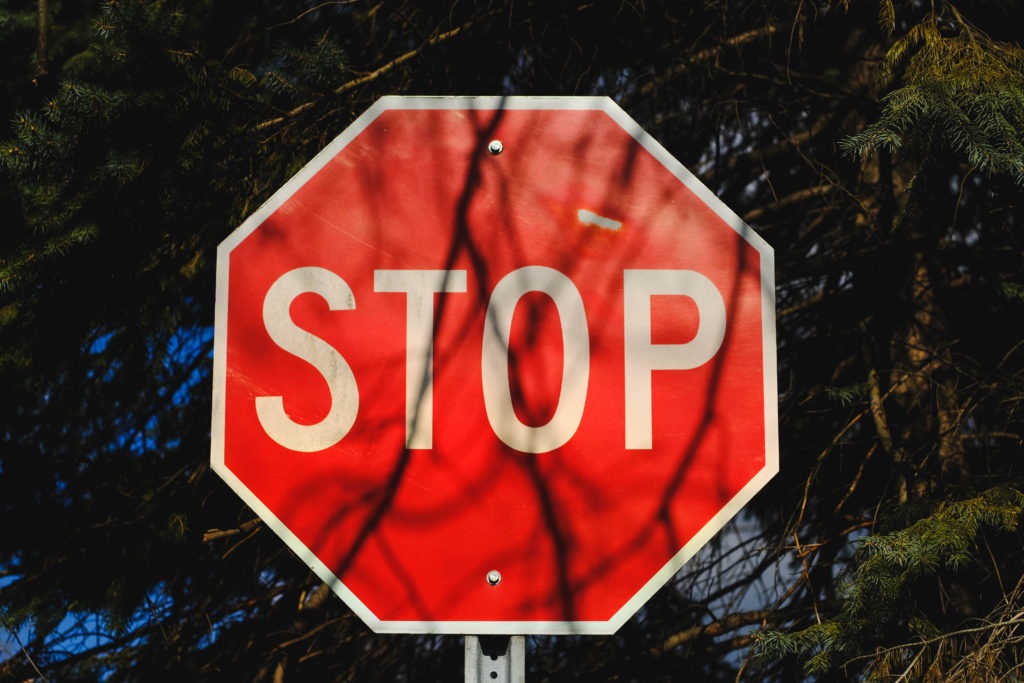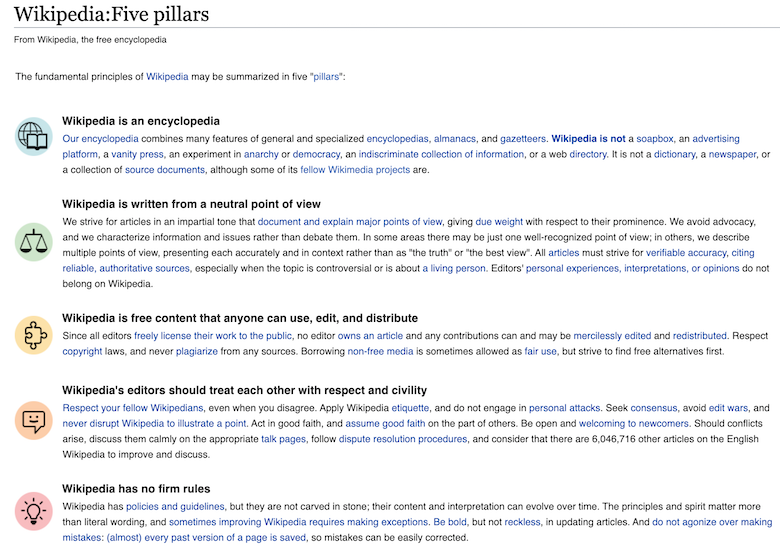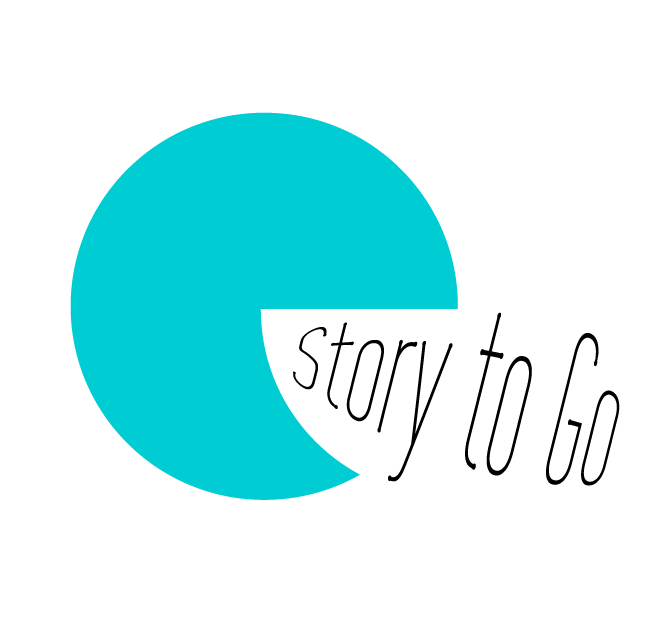Reading / Discussion: Fixing Misinformation
Before we get started on this lesson, please read the following three articles:
- The Ultimate Cure for the Fake News Epidemic will be More Skeptical Readers
- How does Misinformation Spread Online
- The Debunking Handbook
Spreading false information can have many negative effects, so what do you do when you find false information online?
There’s an old saying, if you’re not part of the solution, you’re part of the problem. Perhaps, in this case, if you’re not part of the problem, you’re part of the solution.
In other words, if sharing false information online is the problem, don’t share false information.

Before you share online, consider these two guidelines:
- Know what you’re sharing. Many social media platforms showcase a headline and photo in a post, and if these are compelling enough they get shared even though people haven’t clicked through and read the story. Be sure you read the whole story.
- If there’s a fantastic post you want to share but you have your doubts, the information is questionable, spend the time and check it out. Make sure it passes the CRAAP test.
The question is should you do more than simply not share misinformation?
In an interview with the WEF, Walter Quattrociocchi discusses the dangers of debunking false information. It may entrench people more deeply in their biases. There is also the possibility it will result in more social publicity around the same information. Similarly, posting true contradictory information fans the flames. The Debunking Handbook, by Cook and Lewankowski also warns about the very real possibility of reinforcing myths and false facts when trying to correct them. However, the handbook does provide several strategies that could make debunking efforts more successful.
Rather than engage or enrage a perpetrator of false info, many online platforms have options where you can report a false story. Use them. The BBC has compiled a list of where these reporting tools exist in some of the more popular social media platforms.
One of the biggest sources of online information is Wikipedia, which strives to be neutral and factual. They invite everyone to become a writer or editor and improve entries in various ways, including providing citations to evidence for any claims included in their articles. This is explicitly stated in pillars two and three of Wikipedia’s Five Pillars.
Wikipedia: Five Pillars

Wikipedia combines many features of general and specialized encyclopedias, almanacs, and gazetteers. Wikipedia is not a soapbox, an advertising platform, a vanity press, an experiment in anarchy or democracy, an indiscriminate collection of information, or a web directory. It is not a dictionary, a newspaper, or a collection of source documents, although some of its fellow Wikimedia projects are.
Now It’s Your Turn!
Provide your thoughts on what you think you should do to prevent the spread of misinformation. Go to the discussion forum, by clicking on the button below, and let your thoughts be known!
